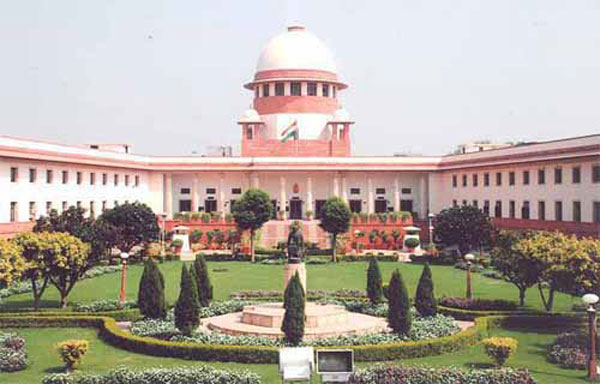
The Supreme Court on Tuesday held that imposition of the mother tongue as the medium of instruction in primary classes in government-recognised, aided or unaided private schools was unconstitutional.
A Constitution Bench, comprising Chief Justice R.M. Lodha and Justices A.K. Patnaik, S.J. Mukhopadhaya, Dipak Misra and Ibrahim Kalifulla, upheld a Karnataka High Court judgment quashing an order passed by Karnataka saying the medium of instruction should be either the mother tongue or Kannada for classes I to IV from the academic year 1994-95.
Writing the judgment, Justice Patnaik said: “We are of the considered opinion that though the experts may be uniform in their opinion that children studying in classes I to IV in the primary school can learn better if they are taught in their mother tongue, the State cannot stipulate it as a condition for recognition [of schools].”
Dismissing a batch of appeals filed by Karnataka and others against the High Court verdict, the Bench said the State could not compel minority schools, protected under Articles 29(1) and 30(1) of the Constitution and private unaided schools enjoying the right to carry on any occupation under Article 19(1)(g) , to offer instruction in the mother tongue or Kannada.
The Bench held that imposition of the mother tongue “affects the fundamental rights under Articles 19, 29 and 30 of the Constitution. The State has no power under Article 350A of the Constitution to compel the linguistic minorities also to choose their mother tongue only as a medium of instruction in primary schools.”
“The right to freedom of speech and expression under Article 19(1)(a) of the Constitution includes the freedom of a child to be educated at the primary stage of school in a language of the choice of the child and the State cannot impose controls on such choice just because it thinks that it will be more beneficial for the child if he is taught in the primary stage in his mother tongue,” the Bench said.


